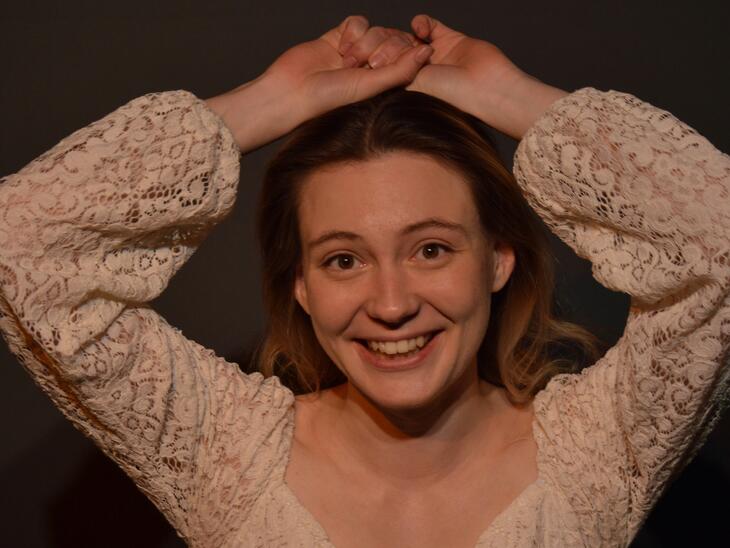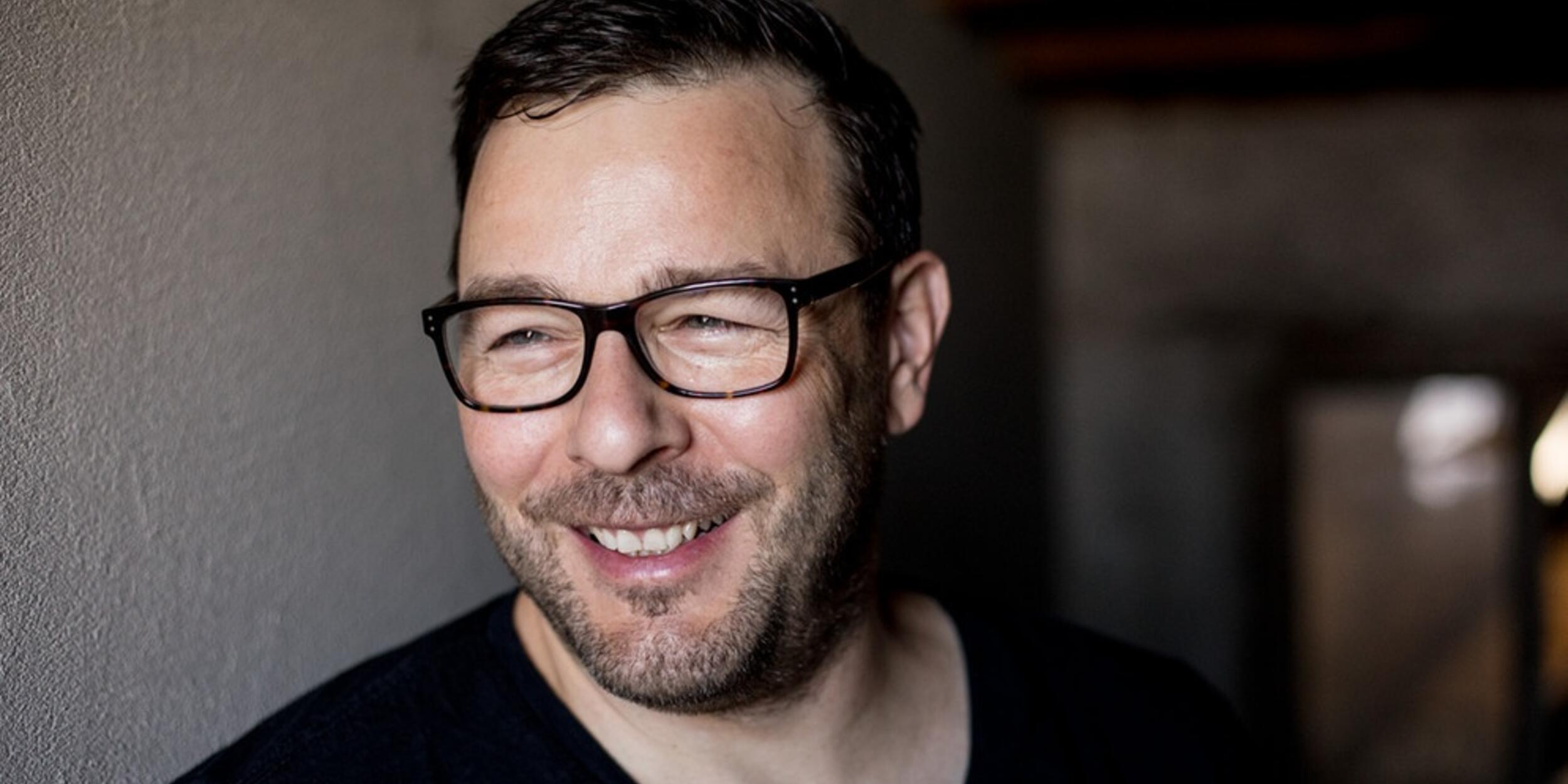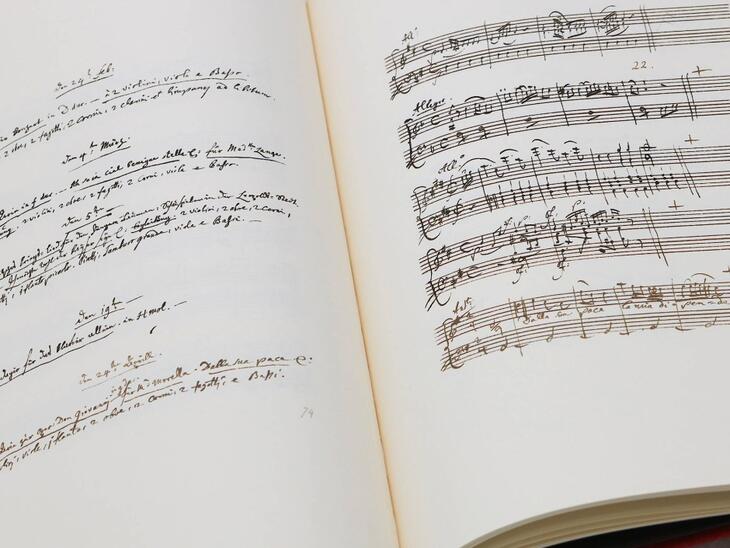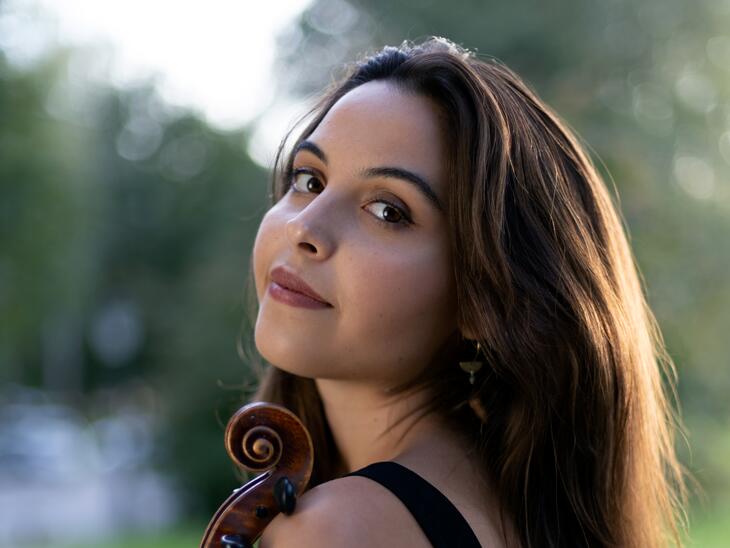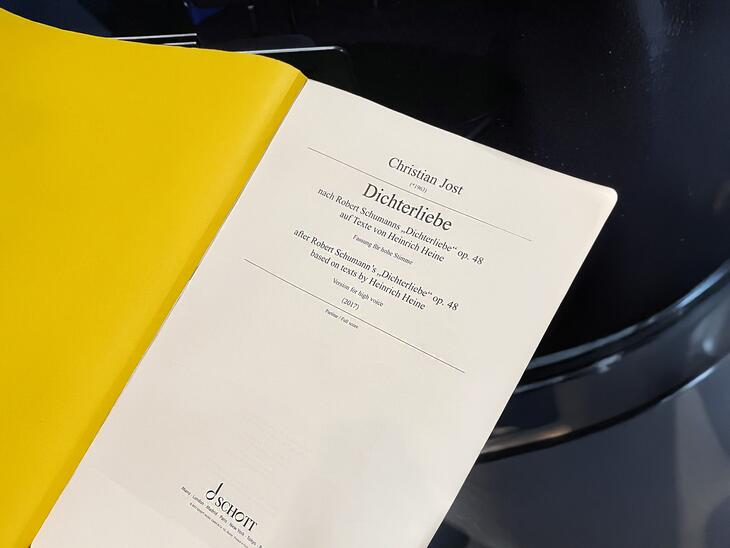Mr. Scholl, in the winter semester 2019/2020 you took up one of the first endowed professorships awarded by the University Mozarteum Salzburg. What are your plans for the next three years? Andreas Scholl: First of all, of course, the challenge is great - the Mozarteum University is one of the top addresses in the world and it is a pleasure and honor for me to be here for the next few years. As the only teacher in baroque singing at the moment, it is also a great opportunity for me to set accents. Although I don't see baroque singing as something super specialized! There are also insanely good singers in the other voice classes who can sing baroque music very well. Together we will build something beautiful. You can already look forward to the concerts! you come from a very musical family. How can one imagine everyday life in the Scholl house? Did you have "baroque for breakfast"? Not baroque, but all the more Gregorian chant. This is a tradition that has existed in Kiedrich for almost 700 years - liturgical Latin chant in the so-called Mainz dialect. With special permission from the Vatican, it is only sung in our village. My grandfather, my father, my older brother - all of them sang in the Kiedrich boys' choir. By the way, my sister, who is now a professor in Mainz, was the first girl in the boys' choir at that time. We had singing lessons almost every day and voice training with a voice teacher once a week. However, I only realized afterwards that this was an incredible gift. Unlike pianists, for example, who are professionally trained at a very early age, singing usually only takes place in the teenage years. The choir also offers a very natural, real-life environment. Because when there are 30 others around you doing exactly the same thing, you don't feel special because you're singing. You learn a healthy self-perception, you don't feel like a soloist, you feel like a team player. Knowing when to lead and when to support are important qualities not only for singers, but for personality in general. you were already a renowned concert singer when you made your operatic debut in 1998. Since then, you have repeatedly performed on the world's greatest opera stages, including at the Metropolitan Opera alongside Renée Fleming. Concert or opera - which do you prefer? My singing teacher once said to me that you are not a singer, but "a singing actor. Of course, this is especially true of opera, and I have always loved opera. But the problem with opera productions is what it demands of the family and the environment. For the production of "Giulio Cesare" I had to go to Copenhagen for nine weeks. So I loaded up a VW bus and drove up, while life went on at home. It is a great sacrifice that others have to make so that one can realize oneself as an opera singer. I soon realized that this was only possible to a limited extent for me. As much joy as opera gives me, the price is often too high for me. Especially since I personally like the challenge of a song recital very much. Whether it's lute songs, songs by Brahms, Haydn, Mozart or Schubert - here, too, you have to tell stories. But of course, if a great offer for an opera comes along, who knows … You have already released a whole series of extraordinary CD productions, in addition to numerous solo projects as well as many collaborative projects. Most recently, the CD "Bach - Small Gifts" was released, for which you were in the studio with the exceptional recorder player Dorothee Oberlinger. Which productions do you remember particularly fondly? Well, the closest to me, of course, are projects that have taken place in recent years. Over the years, however, more than 20 CDs have been produced, and with a little distance you can then observe what is particularly close to your heart, even though it may not have been such a commercial success. For example, there is a repertoire outside the mainstream that I like insanely - early German baroque music by cantors like Dietrich Buxtehude, Heinrich Schütz, Philipp Heinrich Erlebach or Franz Tunder. Some collaborations were also very special. For example, standing in the studio with Barbara Bonney for "Pergolesi: Stabat Mater" is a highlight. I was also very happy about the invitation to make a Bach CD with Dorothee Oberlinger. And then there are collaborations that are less "obvious" but stay with you for a lifetime - like a recording with the Australian Brandenburg Orchestra. On the one hand, great friendships are formed when you rehearse baroque music together in shorts and T-shirts at temperatures of over 40 degrees. On the other hand, of course, it welds you together even more when the recording is then heard in the film score of "James Bond: Spectre" or in the Netflix series "Narcos: Mexico". In addition to your life on stage and in the studio, you have been teaching singing for 20 years and have given master classes all over the world. What does the university give you that you don't find on stage? You just learn an insane amount yourself through teaching. As a young teacher, you first have to verbalize what you do instinctively. As a young singer, on the other hand, it is of course good to be an instinctive singer. But if at some point a problem arises, you are not 100 percent fit and have to divide your strength differently, the knowledge you have learned about your own voice is indispensable. In addition, it is my concern to inspire students to find their own way. Showing yourself on stage and implementing your own idea, even if it sounds completely different from what everyone else has done before you, takes a lot of courage - and I want to give that to the students. how important were musical encouragers for your own career? I was lucky enough to have a really great degree, and in the end you're always the product of all the people you've worked with. Still, there are a few that have had a particular impact on me. I was in contact with my voice teacher Richard Levitt until his death two years ago. He was able to flesh out many things so beautifully and always encouraged me. I was also able to learn a lot from René Jacobs, who as a countertenor was a very strict but at the same time inspiring teacher. Likewise from Evelyn Tubb and Anthony Rooley, who do very specialized great work. With all of them, it was always about finding one's own personality, and I learned a lot from them, including their positive approach to teaching. It doesn't help any student to be put down - I'm not a judge, I'm a teacher.
